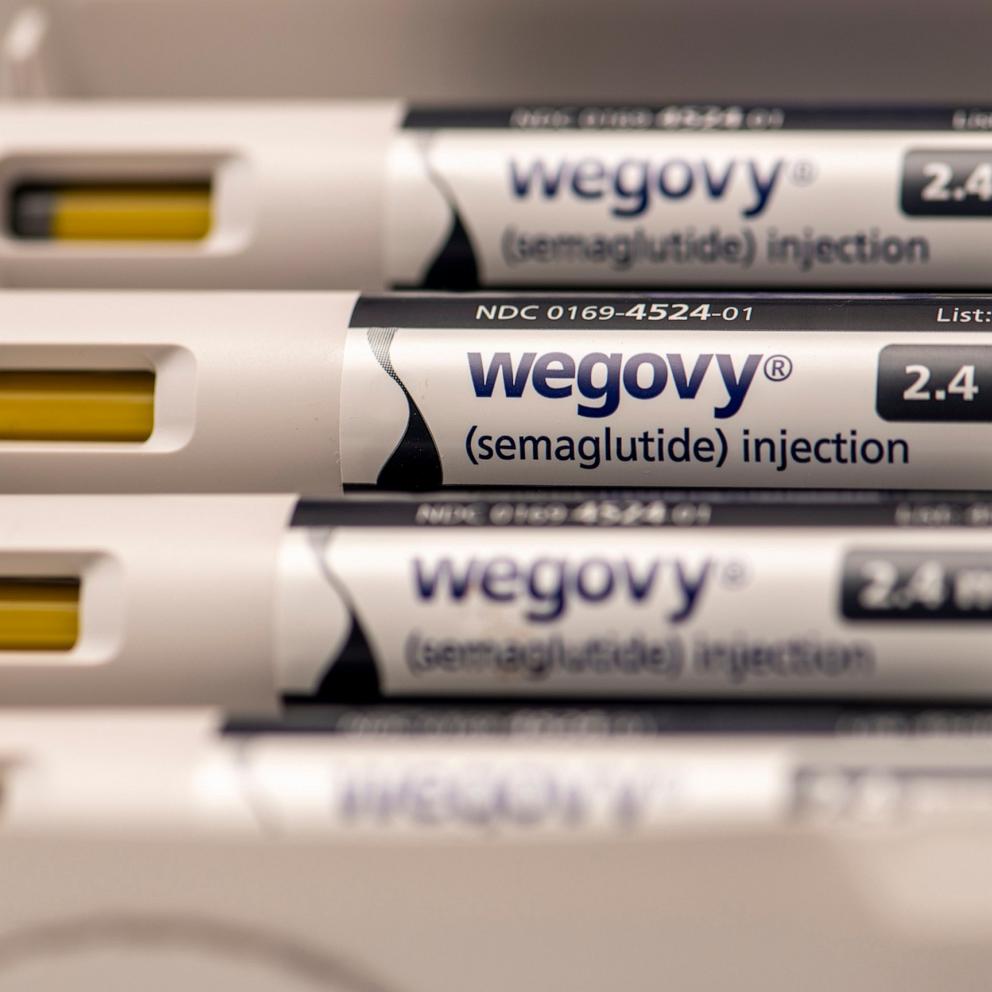Only 25% of moms in US report 'excellent' mental health, marking an alarming decline
A growing number of mothers are struggling with their mental and physical health, according to a new study.
The study, published Tuesday in JAMA Internal Medicine, surveyed 189,417 mothers from 2016 to 2023.
The findings show a sharp drop in maternal mental health, with only 25.8% reporting “excellent” mental health in 2023, down from 38.4% in 2016. In addition to the decline in "excellent" mental health, mothers describing their health as just "good" rose from 18.8% to 26.1%, and "fair/poor" rose from 5.5% to 8.5%.
“We found a dramatic increase in mothers reporting fair or poor health -- a 64% increase,” Jamie Daw, lead author of the study and assistant professor at Columbia University Mailman School of Public Health, told ABC News. “These declines originated before the pandemic, suggesting this is due to broader societal and population level factors.”

Physical health also declined over this period, with 15% fewer mothers reporting “excellent” physical health, and more women reporting just “good” health. These effects, however, were felt disproportionately with vulnerable mothers -- single, younger, with less education and whose kids were multiracial, publicly insured, or uninsured.
Experts warn that worsening maternal mental health can have a ripple effect across generations. Poor mental health in mothers is linked to problems during childbirth, early childhood development, and long-term physical and mental health of children.
“We know that poor mental health contributes to maternal mortality, and it increases the risk of other poor health outcomes for both mom and baby,” said Dr. Jade Cobern, a board-certified physician in pediatrics and preventive medicine and fellow of the ABC News Medical Unit. “As a pediatrician, I know firsthand that a mother’s health is integral to a child’s overall health and well-being."
She continued, "I tell all my patients' mothers that taking care of their own health is a part of taking care of their baby’s health and should be prioritized.”
Fathers also reported declines in mental health, though mothers were consistently worse off -- one in 12 mothers reported "fair/poor" mental health compared to one in 22 fathers.
These findings add urgency to the national conversation about parents’ mental health. Most research has focused on mothers around childbirth, but this study suggests parental support needs to be extended beyond the postpartum period.
“[We] need to reframe maternal mental health to not only be focused on pregnancy and postpartum. American mothers who are parenting children of all ages are reporting worse mental health,” said Daw.
The U.S. surgeon general issued an advisory on parental pressures in August 2024, calling for policy changes, community programs and individual action to preserve the mental health of caregivers, naming it a public health priority.
“As a society and medical community, we have to continue to protect and prioritize mental health resources for all parents so families can thrive,” said Cobern. “There is no shame in speaking up about mental health. It’s a sign of great strength to seek help when needed.”
A. Taylor Thomas, MD, MPH is an anesthesia resident at the Massachusetts General Hospital and a member of the ABC News Medical Unit.







